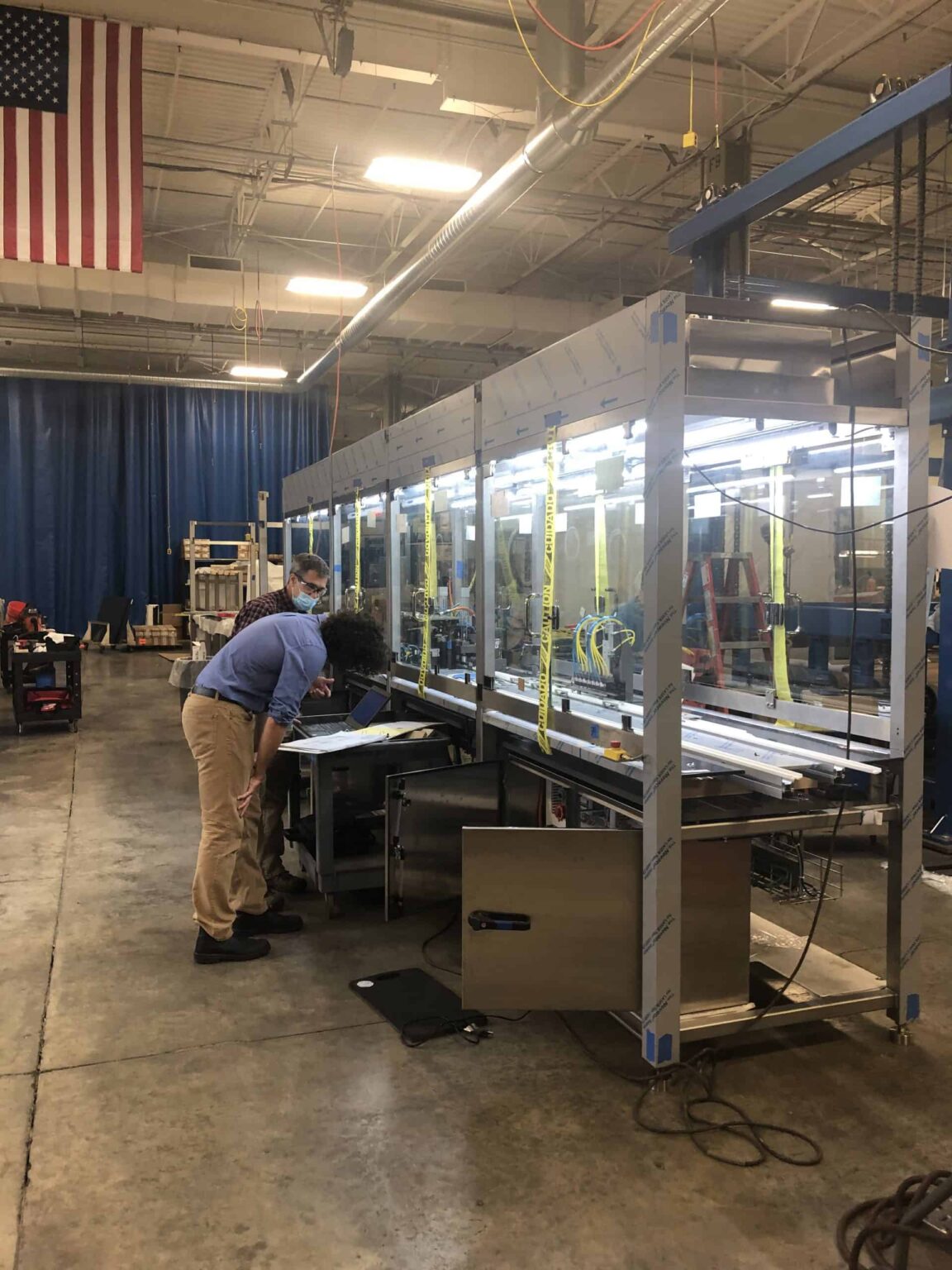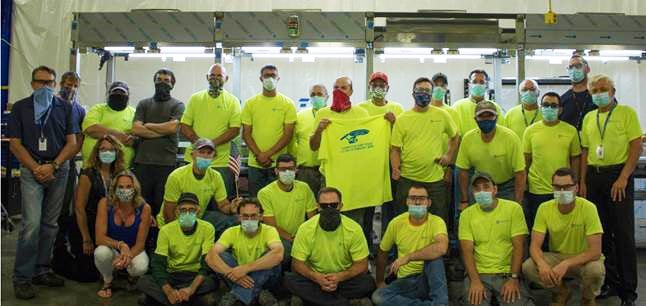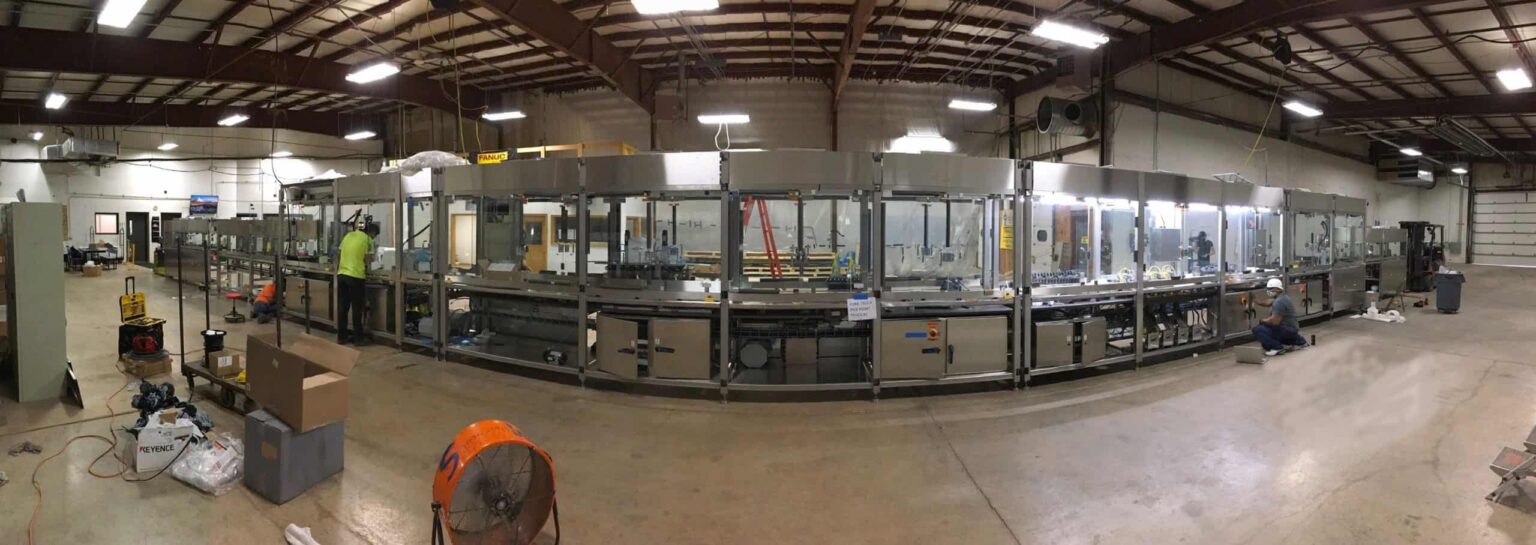In early 2020, as part of Project Warp Speed, The Department of Defense funded several pharmaceutical companies to develop a vaccine for COVID-19. This was well publicized. On a parallel path, but not as well publicized, was a program to manufacture vaccine delivery systems. One of two companies funded by the Department of Defense, to make the vials for COVID was located in Auburn, AL. That summer they launched a $163 million expansion project to ramp up production of its proprietary vial system. The company needed to have special machines built, each 130 feet long and armed with sensitive cameras to detect defects or contaminants, to mass produce the vials. The facility was to have 10 production lines, each capable of turning out 15 million vials and syringes per year. Their patented materials science was a combination of a plastic container with a microscopic, thin, undetectable to the naked eye, pure glass coating for biological drugs and vaccines. The syringes were precision molded and up to 15 times more dimensionally consistent than glass, enabling error-free operation with autoinjectors and other drug delivery devices.
The need was great. The schedule was very aggressive. The skills needed were specialized. The manufacturer began looking for subcontractors to take on the challenge of building their systems. Re:Build Optimation was contacted by a third-party company to be part of a group of systems integrators and fabrication companies to build vaccine delivery machines. Time was of the essence and Re:Build Optimation agreed to provide a team of skilled machine builders, millwrights, and electricians to assemble the machines. The 130-foot-long machines were to be assembled out of six separate modules. To facilitate the speed of assembly, each integrator would build ten units of the same module. Re:Build Optimation’s project manager built his team from full-time staff and recently retired tradesmen who agreed to return to work for the special need. He tracked schedules and staffing carefully and managed the supply chain of parts aggressively. The team worked nights and weekends as needed to meet schedules.
Re:Build Optimation’s team delivered the first of the ten modules within 20 weeks of receiving a purchase order. The next nine modules were delivered over the next year. Re:Build Optimation then sent teams of millwrights and electricians to the facility in Auburn, AL to install, maintain, and enhance the vaccine delivery production plant. They worked with local trades to assemble modules from other machine builders into the complete manufacturing lines. Schedules were met, the product was produced, and the vaccine was delivered successfully to hospitals and doctors’ offices. Re:Build Optimation’s skills and ability to adapt to unique situations and needs were proven. The results were amazingly successful.


